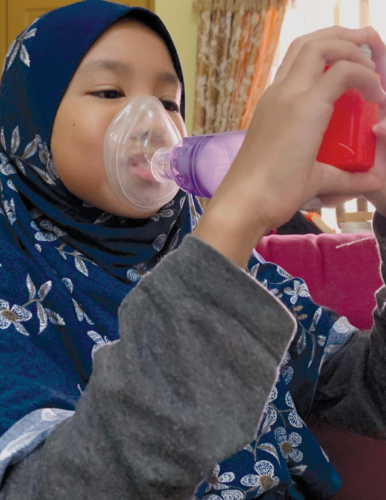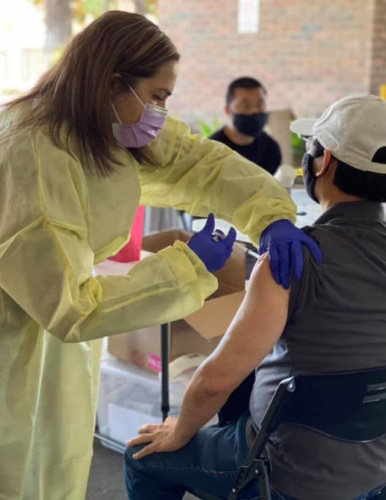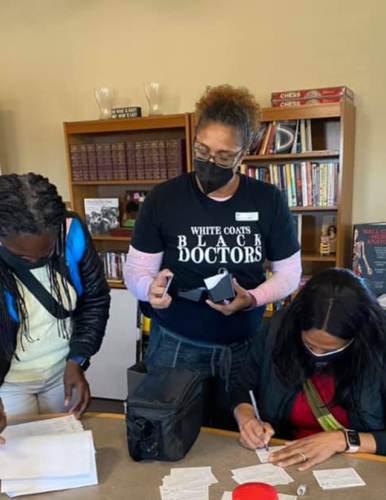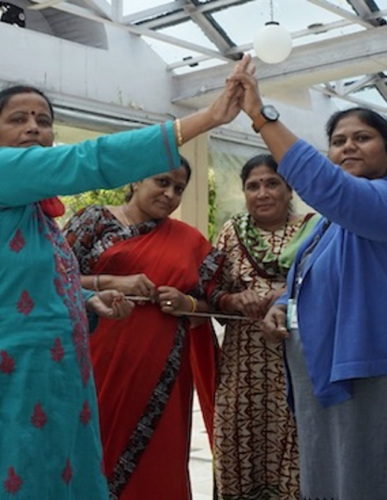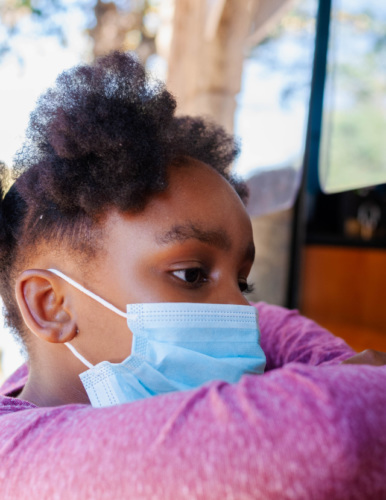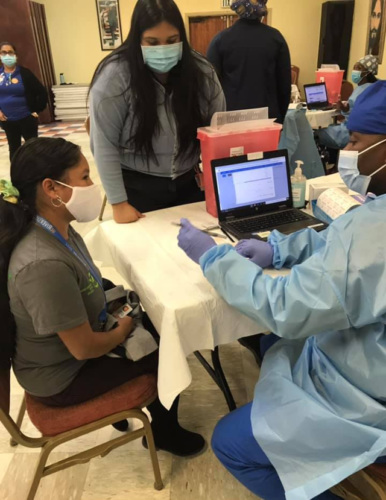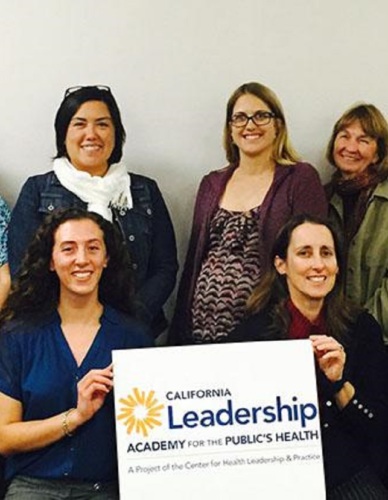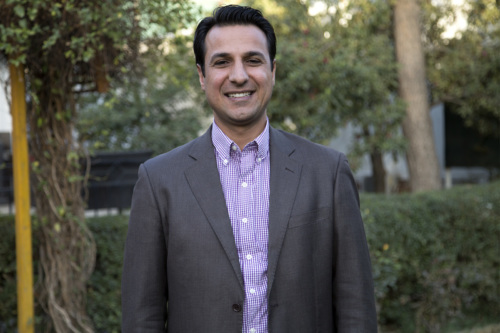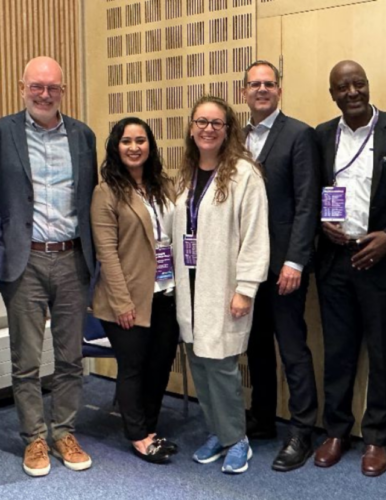
Public Policy Development
Changing policies and practices at a school or preschool, in a local business or workplace, or in a neighborhood, state, and country can create palpable and lasting change. PHI produces forward-thinking research, develops proposals, initiates evaluations and builds buy-in in order to inform and shape some of the most complex policy challenges facing the nation today, including: agriculture and nutrition, marijuana, transportation planning, climate change, economic development, nutrition, healthy communities, health information technology, and alcohol, tobacco and substance use. PHI's approach is centered on the importance of evidence and data, boosting community power and voices, creation of political will, and crafting policies that yield just and equitable solutions.
Our Expertise Can Make Your Work Stronger
See how PHI can work with you to support or lead your health initiatives.
Our Impact
See all Public Policy Development Impacts
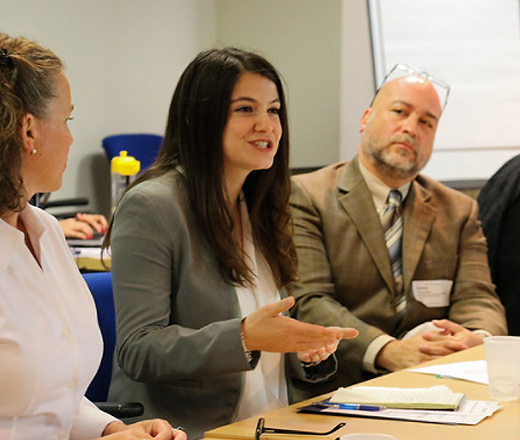
- 82 US cities & counties adopted limits on the number of cannabis dispensaries
- 37M people impacted by systems & policy changes stemming from CHLP participants' work
- 120 laws & policies passed or improved by Rise Up Leaders to improve gender equity around the world

Programs
Active Programs
Archived Programs
California Center for Research on Women and Families(PHI program 2000-2016)
California Convergence Coordinating Office
California Project LEAN
Center for International Tobacco Control
Center for Technology and Aging
Cultiva La Salud/Central California Regional Obesity Prevention Program
Health Spectrum Program
National Opioid Leadership Summit 2019
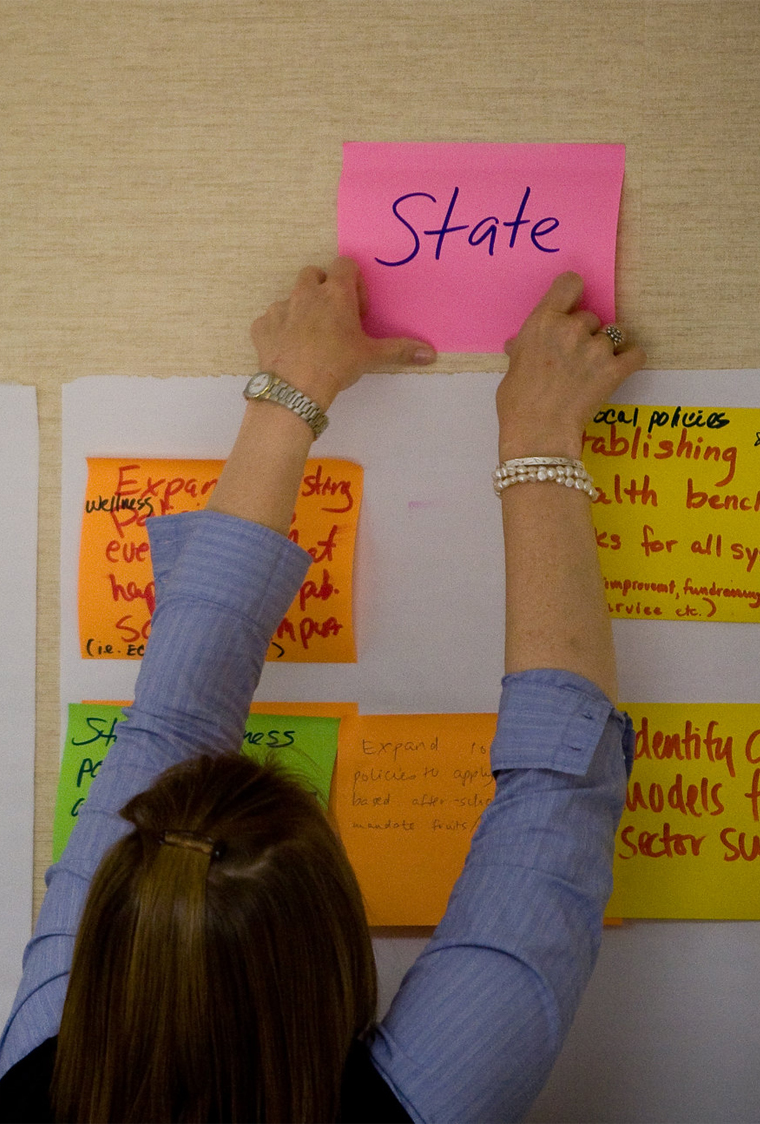
PHI Experts Working in this Area:
Work With Us
You change the world. We do the rest. Explore fiscal sponsorship at PHI.
Support Us
Together, we can accelerate our response to public health’s most critical issues.
Find Employment
Begin your career at the Public Health Institute.

